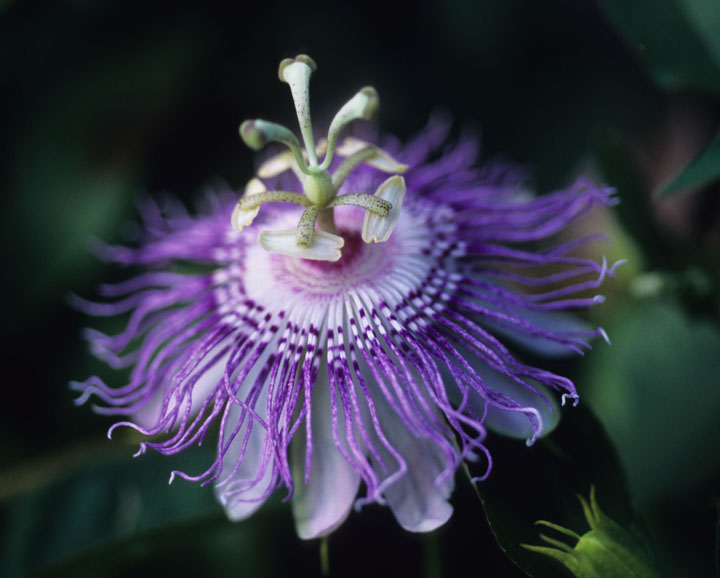In the week after October 7th, like many others, I changed from being a non-Zionist to being an anti-Zionist. What specifically mobilised me was the weaponisation of Holocaust language by Israeli officials. The headlines were, “The worst massacre of Jews since the Holocaust”, and then they started calling Hamas Nazis. I’ve studied the Holocaust. It was clear to me that the October 7th attack, the way it occurred and the conditions behind it, could not be compared with the [Axis] extermination of Jews in Europe, what was done and the conditions in which it was done. The way this Holocaust language was being used felt like a disgusting manipulation of the memory.
My position had once been, “I don’t think it’s right to say to a Jew, because you’re Jewish you need to take an active stance on Israel and Palestine.” I went from that position, to: “I do have an opinion on it, but I don’t think it should take up more space than other issues around the world.” Now I’ve moved to, “My name is being used to justify horrific genocidal acts. What am I going to do about it?”
I went to visit friends in Amsterdam in late October 2023, and went to a teach-in at the university that one of them had helped organise. I heard some incredible speakers, and was very impressed by how people there recognised the complexity of the situation, but also had a clear understanding of the moral and political approach we should be taking. I was really inspired by some of the activists I met.
Since then I’ve been on several marches in London, to an amazing Shabbat for Palestine organised by the Jewish bloc, and with my sister to Na’amod’s Seder. Recently I marched for the first time with the Jewish bloc. It’s important on these marches to be visibly Jewish. I made a sign saying, “My Jewish values brought me here”. Part of my Jewish education was the concept of “Tikkun Olam”, repairing the world, and I love the phrase in Isaiah, “The light among the nations.” And part of what makes me Jewish is the radical Jewish tradition of questioning power, always being critical, never accepting the world as it is given. Even my Dad, extreme as he may be, would question things.
People on the marches really appreciate my sign. They are very emotional when they see it, they say “Thank you so much”, they often want to hug me. In this emotion there’s an understanding of how difficult it is for us as Jews to be there; it’s a caring recognition, caring about you as a Jew. People are coming from a place of love, and it’s a beautiful thing.


